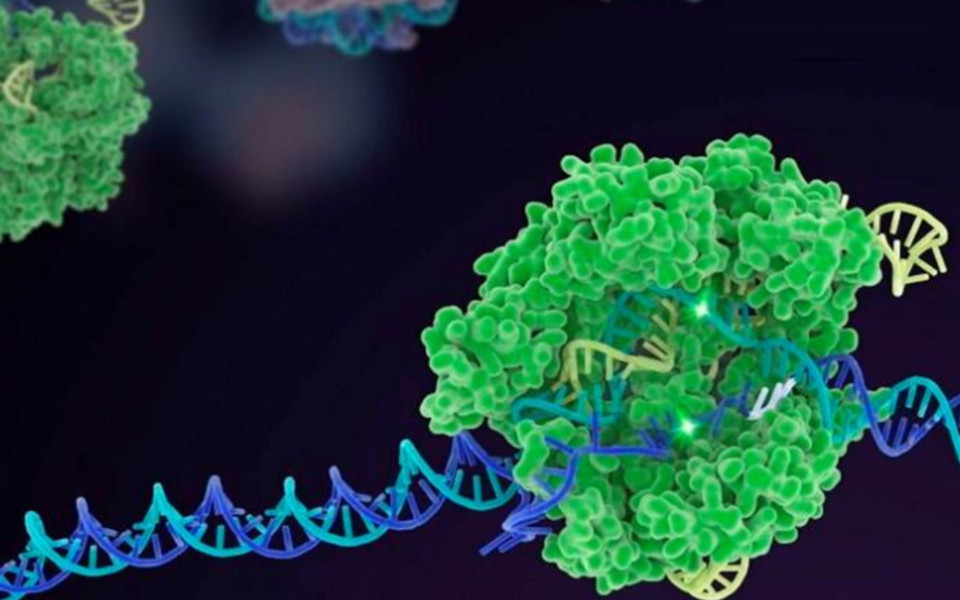CRISPR’s Second Decade: Jennifer Doudna Looks Forward and Back
The 2020 Nobel Laureate shares her thoughts on the first decade of CRISPR genome editing, where the technology is heading next, and what it needs to get there.
Last month, Genetic Engineering & Biotechnology News hosted “The State of Biotech” virtual summit, packed full of amazing conversations with scientists, physicians, executives, and analysts driving new research and applications in biotechnology. Among them was University of California, Berkeley, biochemist Jennifer Doudna, who shared the 2020 Nobel Prize for chemistry with Emmanuelle Charpentier. Doudna is also an investigator with the Howard Hughes Medical Institute, the cofounder of the Innovative Genomics Institute (IGI), and cofounder of a number of biotech companies applying CRISPR to therapeutics, including Caribou Biosciences, Editas Medicine, Intellia Therapeutics, Mammoth Biosciences, and Scribe Therapeutics.
In a candid conversation with GEN senior science writer Julianna LeMieux during “The State of Biotech” forum, Doudna discussed a wide range of topics—what excites her most about CRISPR, where she sees genome editing making an impact on society, what it is like to win the Nobel, and much more.


